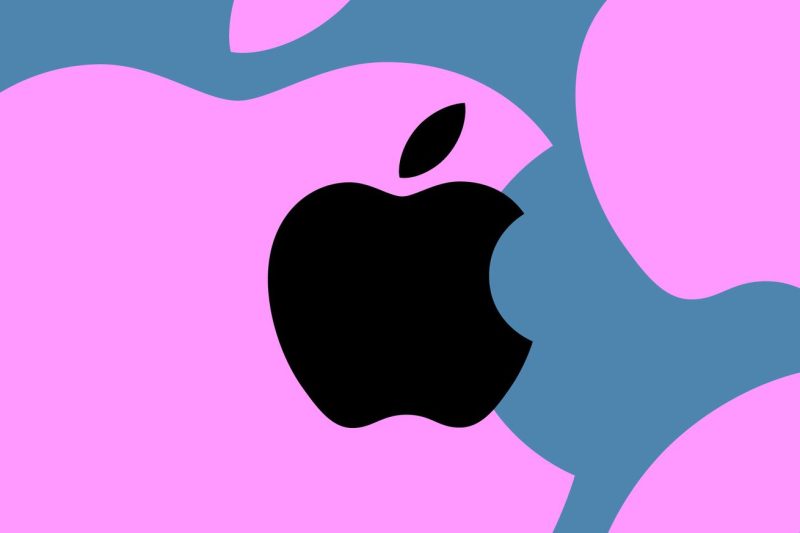The recent buzz in the tech community suggests that Apple’s upcoming iPhone 17 might come equipped with the company’s very own Wi-Fi chips, a move that could revolutionize the way we perceive connectivity on smartphones. This potential shift towards in-house Wi-Fi chips by Apple is not only significant in terms of technology but also carries strategic implications for the company’s long-term vision and market position.
First and foremost, the switch to Apple’s proprietary Wi-Fi chips in the iPhone 17 would mark a departure from the reliance on third-party suppliers for essential components. Historically, Apple has been known for vertically integrating various components of its devices, from software to hardware, to create a seamless user experience. By introducing its Wi-Fi chips, Apple would further consolidate its control over the entire product ecosystem, enabling better optimization of performance, security, and interoperability.
Moreover, developing its Wi-Fi chips allows Apple to enhance the level of integration among different components of the iPhone. With full control over the design and manufacturing process, Apple can tailor the Wi-Fi chips to better complement other hardware features and software functionalities, unlocking new possibilities for improved performance, power efficiency, and user experience. This deep integration could also pave the way for unique features and functionalities that are exclusive to Apple devices, further differentiating the iPhone from its competitors.
The move towards in-house Wi-Fi chips is not merely a technical advancement but also a strategic decision with long-term benefits for Apple. By reducing its dependence on external suppliers, Apple can mitigate risks related to supply chain disruptions, fluctuations in component prices, and potential intellectual property issues. Furthermore, developing proprietary technologies such as Wi-Fi chips strengthens Apple’s position in the competitive smartphone market, where innovation and differentiation are key drivers of success.
From a consumer perspective, the integration of Apple’s own Wi-Fi chips in the iPhone 17 could lead to a more reliable, secure, and efficient connectivity experience. Apple’s track record in delivering high-quality products and services instills confidence among users that the company’s Wi-Fi chips would meet the same standards of excellence. This move aligns with Apple’s commitment to providing a premium user experience and could further solidify customer loyalty and brand reputation.
In conclusion, the rumors surrounding the potential use of Apple’s own Wi-Fi chips in the iPhone 17 signal a significant development that goes beyond mere technical specifications. This strategic decision reflects Apple’s pursuit of vertical integration, innovation, and differentiation in the fiercely competitive smartphone market. If realized, the integration of proprietary Wi-Fi chips in the iPhone 17 could redefine standards for connectivity in smartphones and reinforce Apple’s position as a pioneer in technology and user experience.


























